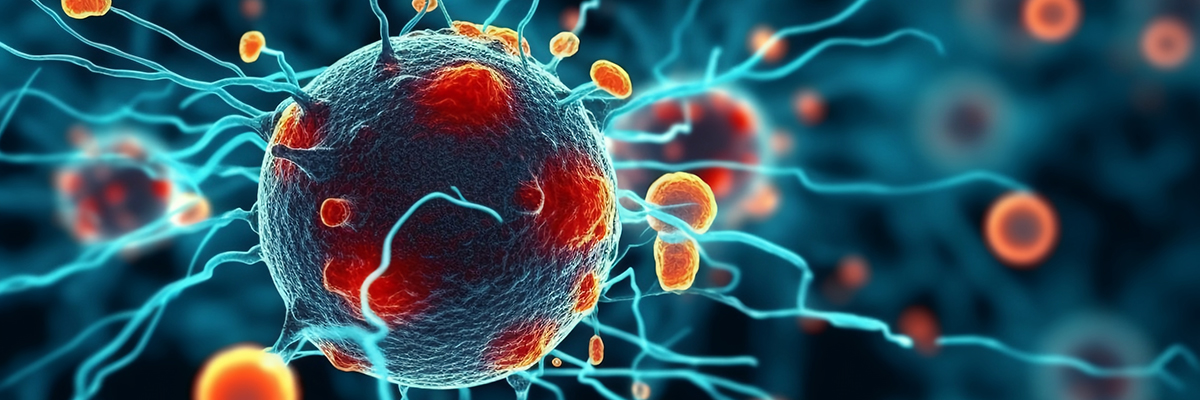In the field of medicine, cancer has always been a headache, but in recent years, the emergence of tumor immunotherapy has brought revolutionary breakthroughs to cancer treatment. This treatment method includes restarting and maintaining tumor immune circulation, restoring normal anti-tumor immune response in the body, and thus controlling and clearing tumors. Tumor immunotherapy was named the most important scientific breakthrough of 2013 by the journal Science due to its excellent efficacy and innovation.
1. The principles and mechanisms of tumor immunotherapy
The core of tumor immunotherapy lies in restarting and maintaining the tumor immune cycle. The tumor immune cycle is a complex process that involves the release and presentation of tumor antigens, initiation and activation of effector T cells, migration of T cells to tumor tissue, infiltration of T cells into tumor tissue, recognition of tumor cells by T cells, and clearance of tumor cells. When any link is abnormal, it may lead to the failure of anti-tumor immune response and immune escape.
Tumor immunotherapy aims to restore normal function in this cycle by using monoclonal antibody immune checkpoint inhibitors, therapeutic antibodies, cancer vaccines, cell therapy, and small molecule inhibitors. These treatment methods can activate the patient's own immune system, enabling it to recognize and attack tumor cells, thereby achieving the goal of controlling tumor growth and clearing tumors.
2. The Application and Breakthrough of Tumor Immunotherapy
In recent years, tumor immunotherapy has shown strong anti-tumor activity in the treatment of various solid tumors. In the treatment of melanoma, non-small cell lung cancer, cancer, and other cancers, tumor immunotherapy drugs have achieved significant therapeutic effects. Multiple tumor immunotherapy drugs have been approved by the US FDA and are entering the clinical application stage.
It is worth mentioning that tumor immunotherapy has also made significant breakthroughs in personalized treatment. By utilizing patient cells to simulate the physiological environment of diseased organs in vitro, the most suitable treatment plan can be tailored for patients, improving treatment effectiveness and patient survival rate. This personalized treatment method brings new perspectives and possibilities for cancer treatment.

3. Challenges and Prospects of Tumor Immunotherapy
Although tumor immunotherapy has made significant progress and achievements, it still faces some challenges and problems. Firstly, tumor immunotherapy is not effective for all patients, and some patients may experience drug resistance or adverse reactions. Therefore, how to improve the effectiveness and safety of tumor immunotherapy is an urgent problem to be solved.
Secondly, the cost of tumor immunotherapy is relatively high, which may be difficult to afford for some patients with limited economic conditions. Therefore, how to reduce treatment costs and benefit more patients is also an important issue that needs to be addressed in the field of tumor immunotherapy.
Looking ahead to the future, with the advancement of technology and in-depth research, we have reason to believe that tumor immunotherapy will achieve greater breakthroughs and development. On the one hand, by conducting in-depth research on the mechanisms and principles of tumor immunotherapy, new therapeutic targets and methods can be further explored; On the other hand, with the development of new technologies such as gene editing and immune cell therapy, tumor immunotherapy will become more precise, efficient, and safe.
The emergence of tumor immunotherapy has brought new hope and possibilities for cancer treatment. By restarting and maintaining the tumor immune cycle, restoring the body's normal anti-tumor immune response, tumor immunotherapy is changing our understanding and treatment of cancer. Although we still face some challenges and issues, we believe that with the emergence of the Beacon single-cell photoconductive system from Redbert (Beijing) Biotechnology Co., Ltd., it will save you a lot of time and greatly reduce production costs. The Beacon single-cell photoconductive system can intervene when the cell diversity and survival rate reach their optimal level after transfection, and it is easy to screen multiple cells and select cell lines with higher expression levels, greatly reducing subsequent production costs. With the continuous advancement of technology and the deepening of research, tumor immunotherapy will bring dawn of life to more cancer patients.
* The above content is collected online for reference only. If the article on this website involves copyright or other issues, please contact us in a timely manner and we will handle it as soon as possible!